Disclosure: This article contains affiliate links. We may earn a commission from purchases at no extra cost to you, which helps our travel content.
Standing beneath the turquoise dome of Mir-i-Arab Madrasa as the muezzin's call to prayer echoed across Bukhara's ancient skyline, I felt that familiar thrill of discovery that keeps drawing me to places off the typical tourist radar. Guten Tag aus Usbekistan, meine Freunde! After years of exploring houseboats in Kerala and rafting adventures in Colorado, my safety inspector instincts led me to this UNESCO treasure along the ancient Silk Road. Bukhara isn't just another stamp in my passport—it's a living museum where 2,000 years of history unfolds in labyrinthine alleys and magnificent Islamic architecture. As someone who grew up navigating between Frankfurt's precision and my mother's vibrant Mexican village, I've developed a knack for finding the authentic pulse of a place while keeping safety at the forefront. This past fall, I spent a transformative week exploring Bukhara solo on a modest budget, and I'm here to share how you can do the same—with all the practical tips my German half insists on providing and all the cultural immersion my Mexican heritage taught me to seek.
Preparing for Bukhara: Safety First, Adventure Second
My career as a safety inspector has taught me that proper preparation prevents poor performance—a mantra that applies perfectly to solo female travel in Central Asia. Before boarding my flight to Uzbekistan, I spent weeks researching Bukhara's customs, language basics, and safety situation.
Uzbekistan has undergone remarkable changes in recent years, becoming increasingly tourist-friendly with simplified visa processes (most Western passports now get 30 days visa-free) and improved infrastructure. As a solo female traveler, I found Bukhara surprisingly comfortable to navigate—the city feels genuinely safe, with minimal harassment and a respectful local attitude toward visitors.
Language can be a barrier, though. While Russian is widely spoken alongside Uzbek, English remains limited to the tourism industry. I downloaded the offline language app and learned basic phrases that opened countless doors. Just saying 'Rahmat' (thank you) earned me warm smiles and often, invitations for tea.
Packing smart is crucial for Bukhara's variable fall weather. Days can be pleasantly warm (18-25°C/65-77°F) while evenings cool dramatically. I relied on my trusty packing cubes to organize layers and modest clothing that respected local customs while keeping me comfortable.
Health precautions shouldn't be overlooked. Bukhara's tap water isn't potable, so I brought my water purifier bottle which saved me money while reducing plastic waste. The nearest quality medical facilities are in Tashkent, so comprehensive travel insurance is non-negotiable.
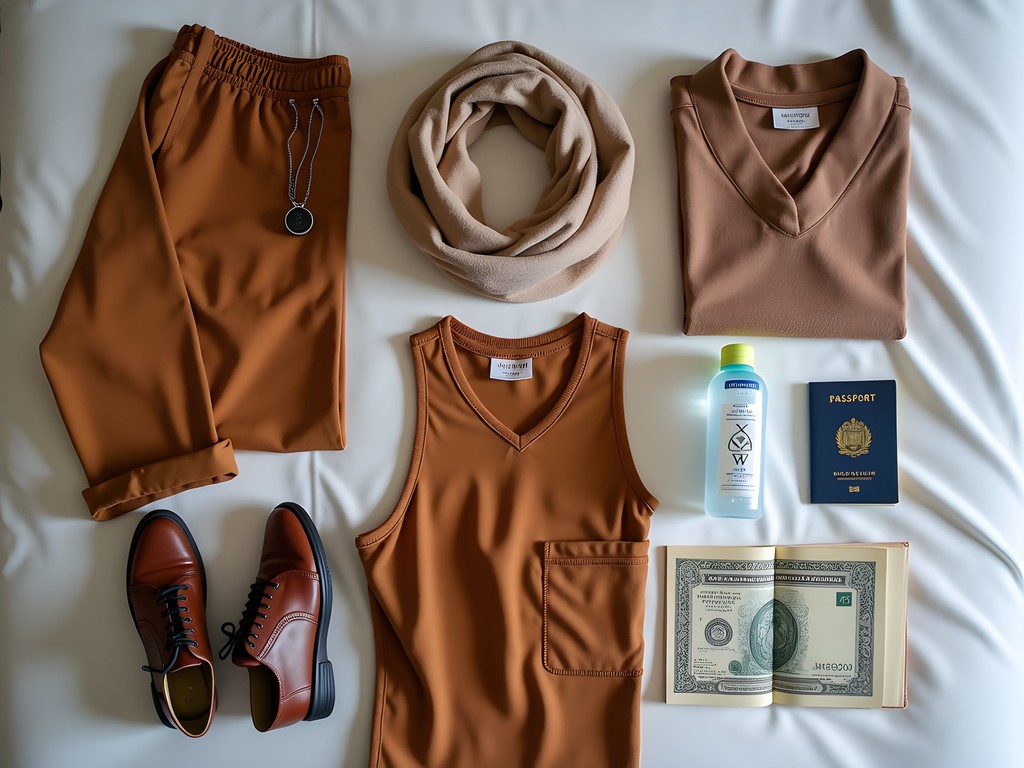
💡 Pro Tips
- Download offline maps and translation apps before arrival as internet can be spotty
- Register with your embassy upon arrival in Uzbekistan
- Carry a photocopy of your passport and keep the original locked in your accommodation safe
- Exchange money at official banks rather than black market dealers (the rates are now competitive and it's much safer)
Navigating Bukhara's Historic Core: A Safety Inspector's Perspective
My first morning in Bukhara, I woke before sunrise to experience Lyabi-Hauz plaza without crowds. As dawn broke over the 16th-century pond surrounded by ancient mulberry trees, I conducted what I jokingly call my 'safety assessment'—a habit from my professional life that serves me well in travel.
Bukhara's historic core is remarkably walkable and compact, with most major sites within a 20-minute radius. The pedestrianized center means minimal traffic concerns, though watch for the occasional delivery vehicle. The stone pathways can be uneven—my walking shoes proved essential for stability and comfort during 8+ hour exploration days.
Orientation is surprisingly intuitive once you identify key landmarks. I used the towering Kalon Minaret as my North Star, visible from most points in the old city. When I did get wonderfully lost in the mahalla residential areas, locals were unfailingly helpful in pointing me back toward familiar territory, often with invitations for tea along the way.
Bukhara's trading domes follow a historical logic: each specialized in specific goods, from jewelry at Toki-Zargaron to hats at Toki-Tilpak Furushon. I created a self-guided walking route connecting these domes, allowing me to explore systematically while always knowing my approximate location.
As a solo female, I felt remarkably safe even after sunset when the monuments are beautifully illuminated. The main squares remain active until around 10 PM, with families and other travelers creating a comfortable atmosphere. For evening returns to my guesthouse, I stuck to well-lit main paths and kept my compact flashlight handy for dimmer residential streets.
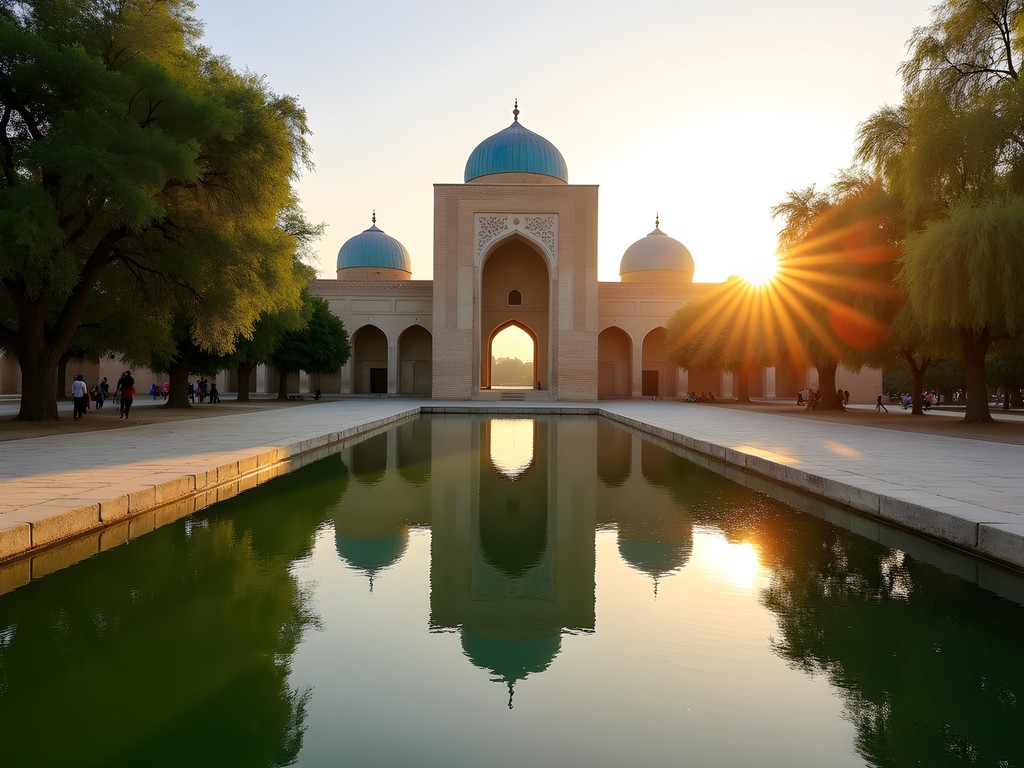
💡 Pro Tips
- Use the Kalon Minaret as your orientation point when navigating the old city
- Photograph your guesthouse and surrounding landmarks to show taxi drivers for your return
- Visit major sites early morning (8-10 AM) or late afternoon (4-6 PM) to avoid both crowds and midday heat
- Purchase the combined ticket for all major monuments at your first site visit—it's significantly cheaper than individual entries
Cultural Immersion: Connecting Beyond the Tourist Circuit
My Mexican mother always told me, 'La comida es el camino al corazón'—food is the path to the heart—and nowhere is this truer than in Bukhara. While guidebooks direct travelers to restaurants around Lyabi-Hauz, I found authentic connections by venturing just two streets away into residential neighborhoods.
On my third evening, I followed the aroma of fresh bread to a local bakery where I watched women slap dough onto the walls of traditional tandoor ovens. My attempt to purchase a single non (round bread) turned into an impromptu baking lesson, with three generations of women laughing at my clumsy technique. This became a daily ritual—my Spanish-accented Russian and their limited English creating a peculiar but effective communication bridge.
Similarly, the hammam (bathhouse) experience provided cultural insights impossible to gain from monument-hopping. At the women-only morning session at Bozori Kord Hammam, I joined local women in ancient cleansing rituals. The initial awkwardness of communal bathing dissolved as an elderly woman motioned for me to sit while she demonstrated the proper technique for exfoliation. These shared moments of vulnerability created connections that transcended language.
Craftsmanship remains vibrantly alive in Bukhara's workshops. Skip the tourist shops and seek artisans like Master Davlat, whose mulberry paper workshop I discovered down an unmarked alley near Magoki-Attori Mosque. For two hours, he demonstrated the ancient technique while sharing stories of how this craft nearly disappeared during Soviet times. I left with a handmade journal that tells a story far more valuable than any souvenir shop purchase.
Perhaps my most meaningful connection came through music. At a small teahouse near Chor Minor, I noticed musicians setting up traditional instruments. When I mentioned my interest in their dotar (two-stringed lute), they invited me to try it—my years of guitar playing in Frankfurt giving me just enough skill to attempt a simple melody. This impromptu musical exchange attracted locals who shared stories of Bukhara's musical heritage until well past midnight.
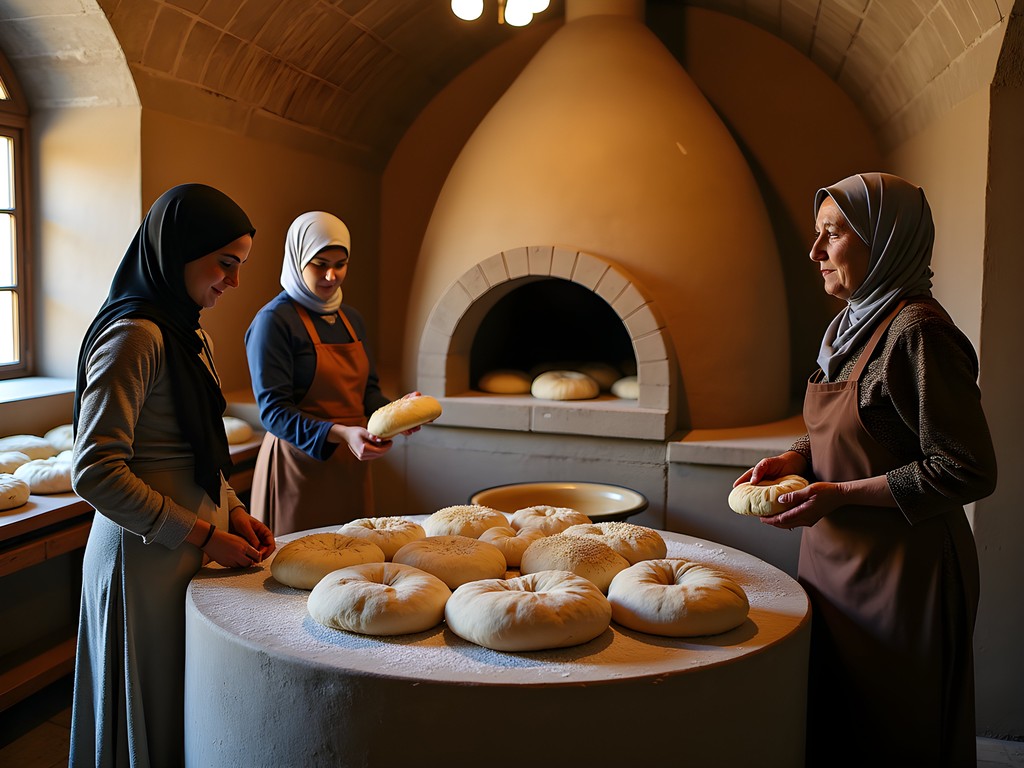
💡 Pro Tips
- Learn basic phrases in Uzbek rather than Russian to show respect for the culture (though both are appreciated)
- Always ask permission before photographing people, especially older residents and women
- Remove shoes before entering homes and some historical sites—carry slip-on shoes for convenience
- Bring small gifts from your home country for meaningful exchanges—I brought Mexican chocolate which fascinated my hosts
Budget Accommodation: Finding Authentic Stays Without Compromising Safety
My safety inspector background makes me particularly choosy about accommodation, but my budget-conscious approach means I'm always seeking value. In Bukhara, this combination led me to family-run guesthouses that offered both authentic experiences and peace of mind.
After extensive research, I selected Komil Bukhara Boutique Hotel, a restored 19th-century merchant's home in the historic Jewish quarter. At $30 per night including breakfast, it offered the perfect balance of local character (hand-painted ceilings, traditional courtyard) and practical necessities (reliable hot water, secure entry, in-room safes). The location just 7 minutes' walk from Lyabi-Hauz meant I could easily return midday when the heat became intense.
What made this stay exceptional was the family's involvement—three generations living on-site, with grandmother Zukhra preparing breakfast daily. When she learned of my interest in Uzbek cuisine, she invited me to help prepare breakfast for other guests, teaching me the proper way to serve Bukhara's distinctive green tea with cardamom.
For ultra-budget travelers, Bukhara's hostel scene is developing rapidly. Sarrafon Hostel offers clean dormitory beds from $10/night in another historic building. While I prefer private rooms, I visited for their evening cultural demonstrations and met several solo female travelers who praised the security measures and women-only dorm options.
The most authentic option—homestays—requires advance planning. Through the community tourism initiative Dolma Travel, I arranged a one-night homestay with a family in the nearby village of Gijduvan, famous for its ceramics. For $15, I experienced rural Uzbek life, sleeping on traditional kurpacha mattresses on the floor and using very basic facilities. While this pushed my comfort boundaries, the family's 14-year-old daughter spoke excellent English and ensured I understood cultural expectations.
Regardless of accommodation type, I always apply my safety checklist: secure entry system, emergency exits, working smoke detectors, and clear access paths. Sicherheit geht vor—safety comes first, as we say in German.
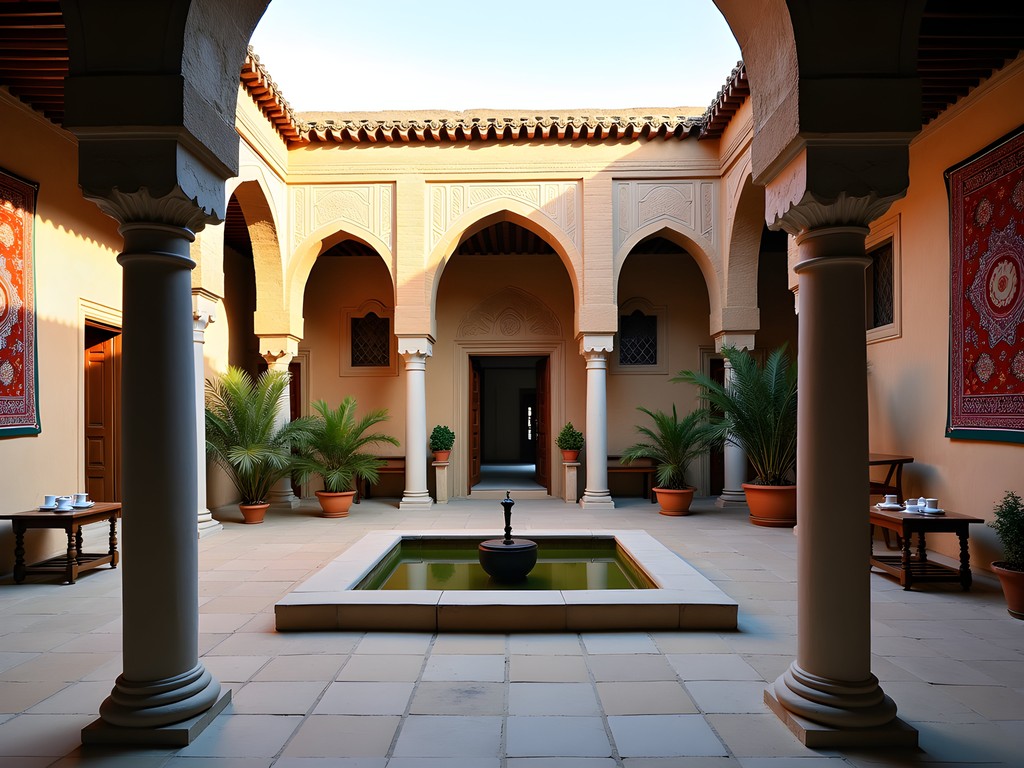
💡 Pro Tips
- Request rooms away from street noise and communal areas for better sleep quality
- Confirm in advance if your accommodation accepts credit cards—many smaller guesthouses are cash-only
- Pack a portable door lock for added security in budget accommodations
- Book your first 2-3 nights in advance but remain flexible afterward—negotiating in person often yields better rates for extended stays
Beyond the City: Day Trips for the Adventurous Solo Traveler
While Bukhara itself deserves your full attention, the surrounding Bukhara Region offers enriching day trips that showcase a different side of Uzbekistan. As someone who thrives on diverse experiences, I dedicated two days to exploring beyond the city walls.
My first excursion took me to the Sitorai Mokhi-Khosa, the 'Palace of the Moon and Stars,' located about 6km north of Bukhara. Rather than joining an organized tour, I negotiated with a taxi driver for a half-day rate of 100,000 UZS (approximately $9). The summer palace of the last Emir of Bukhara blends traditional Uzbek design with Russian Imperial influences—a fascinating architectural conversation between East and West that resonated with my own multicultural background.
The highlight, however, was my day trip to Gijduvan, a ceramics center 45km from Bukhara. As someone who grew up watching my Mexican grandmother create pottery, I was eager to compare techniques. At the Narzullaev family workshop, sixth-generation master ceramicist Alisher demonstrated their distinctive style using natural pigments and techniques unchanged for centuries. For 150,000 UZS ($14), I participated in a hands-on workshop, creating a small bowl using their signature green and brown glazes.
For those seeking nature, the Kyzylkum Desert lies just beyond the city. I arranged a sunset camel trek through my guesthouse (250,000 UZS, about $23) that included transportation to the desert edge and a simple dinner at a yurt camp. As the setting sun painted the dunes in golden hues, our small group of four travelers from different countries shared stories while our guide pointed out desert adaptations that allow life to thrive in this harsh environment.
Safety considerations for day trips require extra attention. I always share my itinerary with my accommodation, travel with sufficient water (the desert heat is unforgiving), and ensure my phone is fully charged with offline maps downloaded. For desert excursions, my sun protection hat with UPF 50+ protection was essential—the Uzbek sun shows no mercy, especially to those of us with mixed heritage skin that burns easily despite its olive tone.
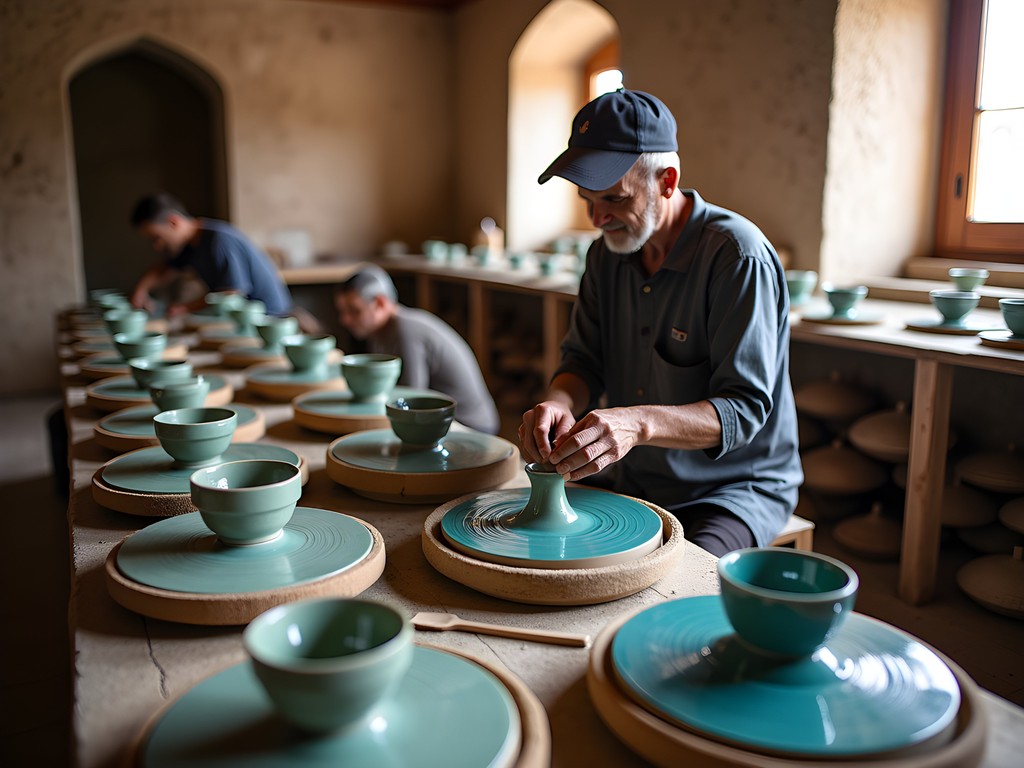
💡 Pro Tips
- Negotiate taxi rates for day trips in advance and confirm whether the driver will wait or return at a specific time
- Combine Gijduvan with a visit to the nearby Vabkent Minaret for an efficient day trip
- Bring twice as much water as you think you'll need for desert excursions
- Consider sharing costs with other solo travelers you meet at your accommodation—I found willing companions through guesthouse bulletin boards
Final Thoughts
As my week in Bukhara drew to a close, I found myself lingering in Lyabi-Hauz plaza, watching the interplay of light on ancient stones that have witnessed centuries of travelers passing through. Bukhara isn't just a destination—it's a transformative experience that rewards the solo female traveler who approaches with respect, preparation, and an open heart. The city challenged my preconceptions about Central Asia and reinforced my belief that safety and adventure aren't mutually exclusive concepts. Whether you're sipping green tea beneath mulberry trees, learning ancient craft techniques from master artisans, or navigating the labyrinthine trading domes, Bukhara offers a journey through time that feels remarkably accessible even on a modest budget. Hasta la próxima, Bukhara—until we meet again. I'll be back, perhaps when the desert blooms in spring, to discover more layers of your ancient story.
✨ Key Takeaways
- Bukhara offers remarkable safety for solo female travelers with basic precautions
- Authentic cultural experiences are found just beyond the main tourist areas
- Budget accommodation options provide both safety and cultural immersion
- Learning basic Uzbek phrases opens doors to meaningful local connections
- The shoulder season (fall) provides ideal weather and fewer crowds
📋 Practical Information
Best Time to Visit
September-October or April-May
Budget Estimate
$30-50/day including accommodation, food, and activities
Recommended Duration
4-7 days
Difficulty Level
Moderate
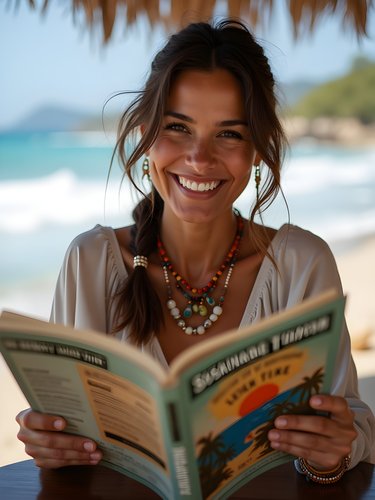
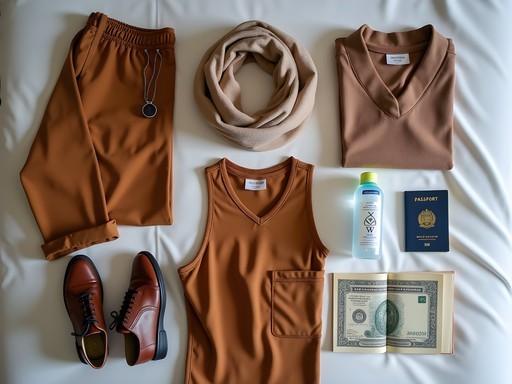
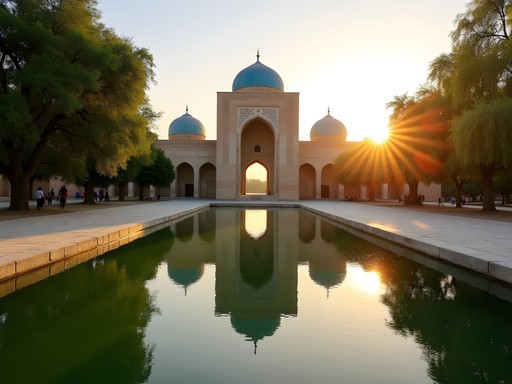
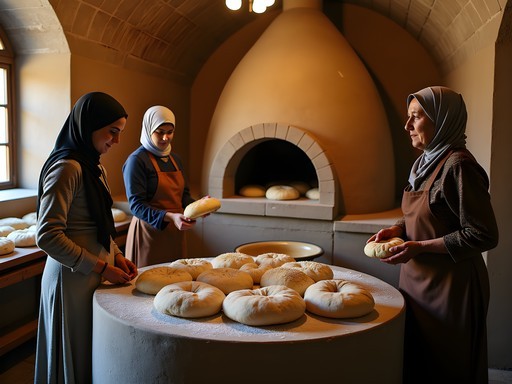
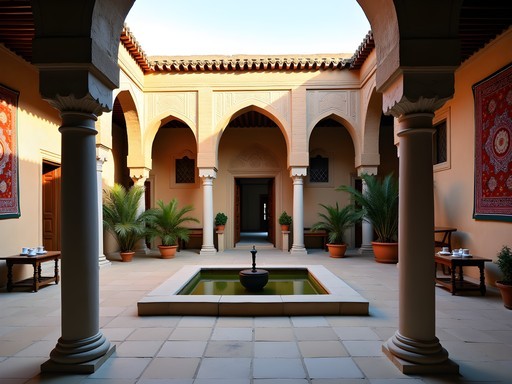
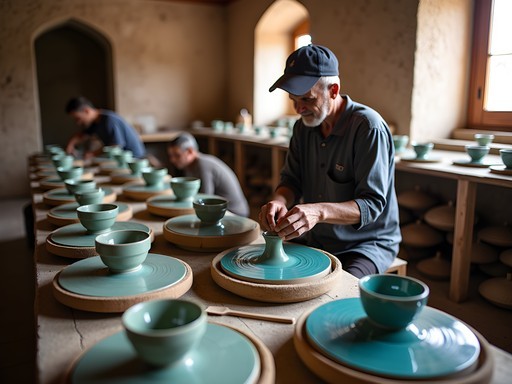


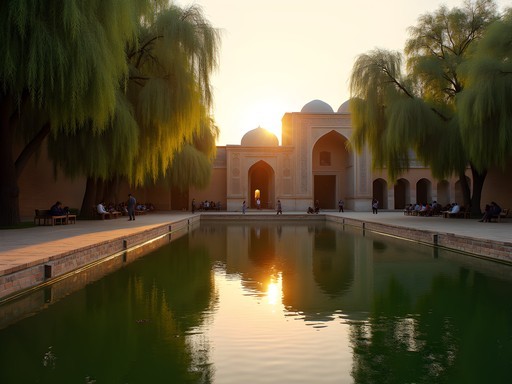
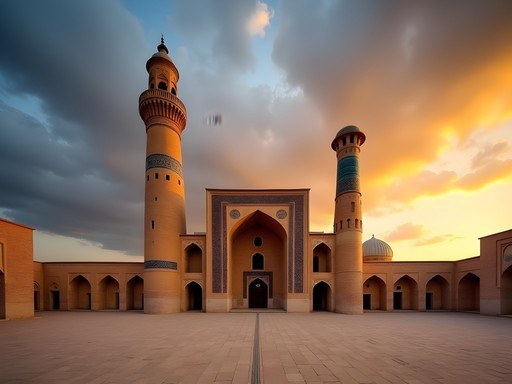
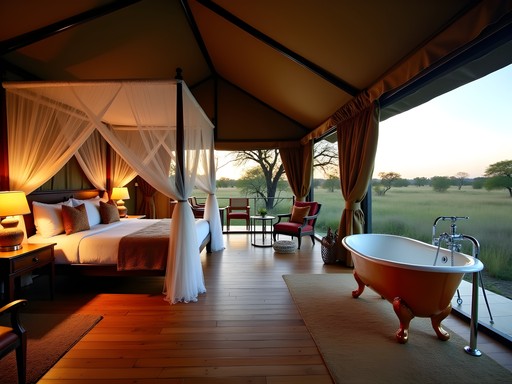
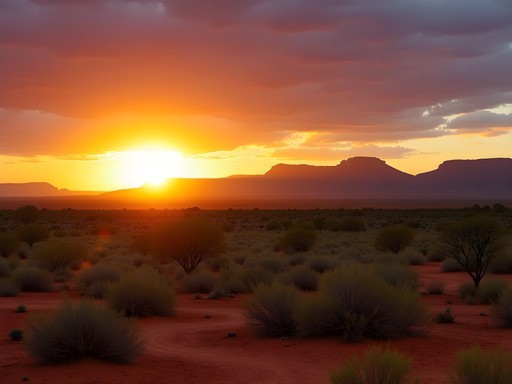
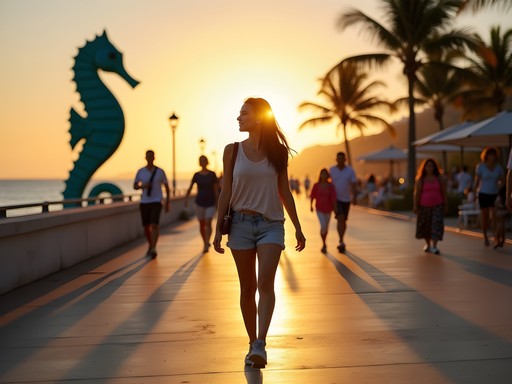

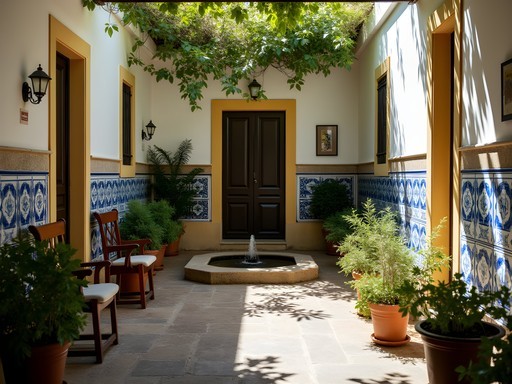
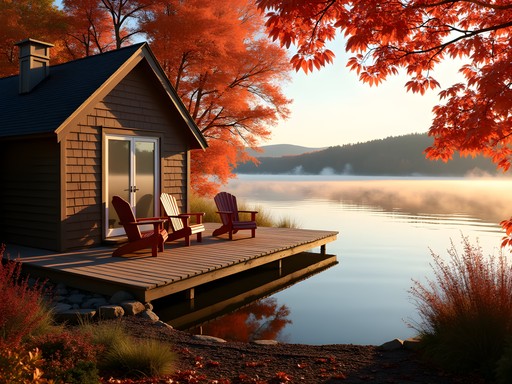
Comments
moonbackpacker
Just got back from Uzbekistan last week and your post is spot on! The part about cultural immersion really resonated with me. I was invited to a local family's home for dinner near Lyabi-Hauz and it was the highlight of my trip. The plov was incredible and they refused to let me help with dishes despite my insistence. One safety tip I'd add - the stone streets can be super slippery when wet, especially around the old town. I nearly wiped out a couple times after a brief rain shower. Proper walking shoes are a must!
summerlover
How did you get invited to a local's home? That sounds amazing but I'm a bit shy about how to make those connections.
moonbackpacker
It happened so naturally! I was admiring a craft shop and chatting with the owner for a while. When his shift ended, he just asked if I wanted to try real Uzbek food. Uzbeks are genuinely that hospitable. Just be open to conversation and it might happen!
summerlover
Did you have any language barriers? My Russian is non-existent and I'm worried about getting around.
moonbackpacker
Not Jennifer but I was there in April - I found that in the tourist areas many people speak basic English. I downloaded the Uzbek language pack on Google Translate and it helped a ton when needed!
summerlover
Great tip, downloading it now. Thanks!
moonbackpacker
Your photos are stunning! The blue domes look even more vibrant than I expected.
Savannah Torres
Jennifer, your post brought back so many memories of my time in Bukhara! I traveled there with my sister and teenage daughter last year, and we had such similar experiences with the warmth of locals. That tea house you mentioned near Kalon Minaret became our daily ritual spot too! One thing I'd add for other solo female travelers - we found hiring a local female guide for the first day incredibly helpful. She showed us hidden spots we'd never have found and gave us confidence to explore independently after. Our guide Nilufar was amazing and reasonable at $30 for a half-day. Your accommodation section was spot-on too - those family-run guesthouses offer such authentic experiences.
moonbackpacker
Do you remember which guesthouse you stayed at? I'm trying to decide between a few options.
Savannah Torres
We stayed at Sarrafon B&B - it was just off the main square, super clean, and the family served the most amazing breakfast with homemade jams. I used my travel adapter there since the outlets were a mix of European and older Soviet-style. Around $35/night for a triple room.
summerlover
This is perfect timing! I'm planning my first solo trip to Central Asia next month. Did you feel safe walking around at night in Bukhara?
Savannah Torres
I've been to Bukhara twice and felt incredibly safe even after dark. The main tourist areas are well-lit and usually have people around until about 10pm. Just use the same common sense you would anywhere!
summerlover
That's so reassuring, thanks! Any specific areas I should definitely not miss?
Savannah Torres
Make sure to visit Lyabi-Hauz in the evening - magical atmosphere with the lights reflecting on the pond. And don't skip Chor Minor, it's less crowded but so unique!
waveguide
Those blue domes are stunning! Your photos make me want to book a ticket right now!
greenking
Just got back from Uzbekistan last month and your guide would have been so helpful! For other women traveling solo, I found learning a few Russian phrases really opened doors since many older people don't speak much English. The section about cultural immersion is spot on - I was invited to a local wedding just by chatting with a shopkeeper in the bazaar! One thing I'd add about safety - while Bukhara felt very secure overall, watch out for the unmarked holes in sidewalks, especially at night. Definitely bring a small flashlight if you're walking after dark.
adventurewanderer
A wedding invitation?! That's amazing! Did you actually go?
greenking
I did! It was one of the most incredible experiences of my life. 300+ people, endless food, and so much dancing. They dressed me up in traditional clothes and treated me like family. Uzbek hospitality is next level!
Jose McDonald
Jennifer, your post brings back amazing memories of my time in Bukhara last year! That moment you described at Mir-i-Arab Madrasa with the call to prayer - I had almost the exact same experience and it was INCREDIBLE! One thing I'd add for solo travelers is to definitely take a day trip to the Emir's Summer Palace if you can. The local marshrutkas (minibuses) are super easy to navigate and cost almost nothing. I found having a good offline map was essential though - I used maps app which saved me countless times when wandering those twisting alleys! Your tips about connecting with locals through tea houses is spot on - some of my best conversations happened over a pot of green tea!
Jennifer Rodriguez
Thanks Jose! Great point about the Summer Palace - I almost included that but the post was getting too long! And yes, offline maps are absolutely essential there.
adventurewanderer
This is exactly what I needed! I'm planning a solo trip to Uzbekistan next year. Did you feel comfortable walking around Bukhara at night? Also wondering what areas you'd recommend staying in for a first-timer?
Jennifer Rodriguez
Thanks for reading! I felt very safe walking around the historic center at night, especially around Lyabi-Hauz where there are always people. I'd recommend staying near there or Poi-Kalyan complex. Most guesthouses are run by families who really look out for solo travelers!
adventurewanderer
That's so helpful, thank you! Did you book your guesthouse in advance or just find one when you arrived?
Jennifer Rodriguez
I booked my first 3 nights in advance at Amulet Boutique, but then found a local family homestay through their recommendation for the rest of my stay. Having a bit of flexibility worked well!
vacationadventurer
Just got back from Uzbekistan last month and your post brings back so many memories!! The people in Bukhara were THE NICEST I've met anywhere. That tea house you mentioned near Chor Minor was my daily hangout - the owner kept giving me extra treats to try! For anyone going, I recommend taking a portable water filter since buying bottled water gets expensive and creates waste. The night walk through the old town was magical - all the monuments lit up and hardly any tourists around. Did you check out the Silk Road Spices shop? The owner let me sample everything and explained all the traditional uses!
sunsetgal
The water filter tip is smart! Was it easy to navigate with just English or should I learn some basic phrases?
vacationadventurer
Definitely learn some basic Russian phrases! 'Spasiba' (thank you) and 'Zdravstvuyte' (hello) go a long way. Most people in tourist areas speak some English, but outside that, having Google Translate downloaded helped me tons.
Venture X
Premium card with 2X miles, $300 travel credit, Priority Pass